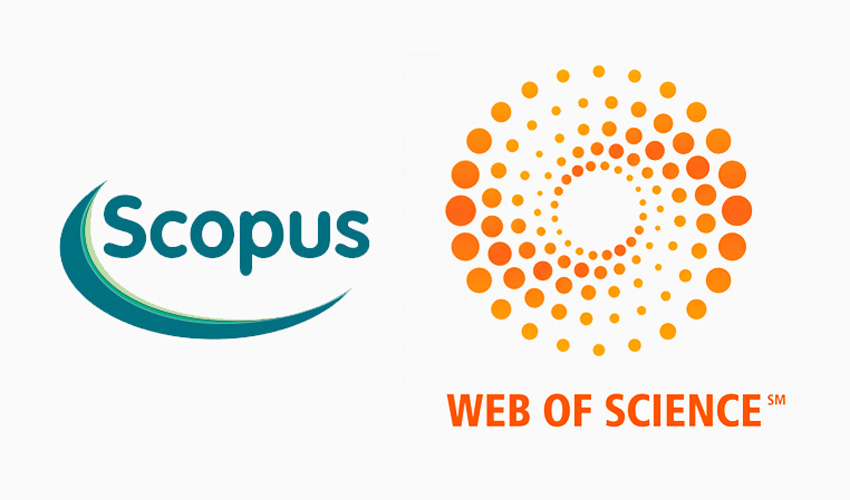As you know, the h-index, or the Hirsch index, is a scientometric indicator that demonstrates the productivity and effectiveness of the work of individual scientists, teams or organizations in the scientific segment by fixing the number of publications and their citations according to a certain algorithm. As of November of this year, the h-index of our University is 59 in the Scopus database, and 54 on the Web of Science platform. Ivan Demydov, Vice-Rector for Scientific Research, Lviv Polytechnic National University, tells about this.
The elements of h-index formation include the writing of quality materials containing significant scientific results that will be cited by other scientist; the training and selection of personnel who will conduct relevant scientific research, as well as financial support. Ivan Demydov notes that they are actively working in all these directions, and the indicator of our University has increased over the past year. According to the university ranking based on the SciVerse Scopus database 2022, published by the Osvita.ua resource, Lviv Polytechnic National University improved its Hirsch index by 5 units, from 52 to 57.
– All the universities presented in this ranking are improving their indicators, and Lviv Polytechnic as well, although the year 2022 has not ended, so the numbers are not final yet. The University’s Development Strategy states that according to scientometric indicators, based on the results of 2021, we should reach the point of 60, and I can say that we will confidently cross this bar. The next indicator – 100 – should be implemented by 2025, and we are also working on this. But it must be said that the articles indexed in Scopus must be of high quality, and contain certain achieved results – this is one of the signs of the integrity of what is published. But, of course, in order to achieve high-level results, serious funding is needed. In addition, it is worth taking into account the number of employees in various higher education institutions, that is, taking into account the scale of the institution itself. Another factor is the war, because many scientists went abroad, some of them actively publish together with their European colleagues, and affiliate themselves with their institutions, so the publication process in general continues and has a certain positive dynamic. But I will emphasize once again that our growth will definitely happen, we work really hard, we do it within the limits of the possibilities we have, – said Ivan Demydov.
